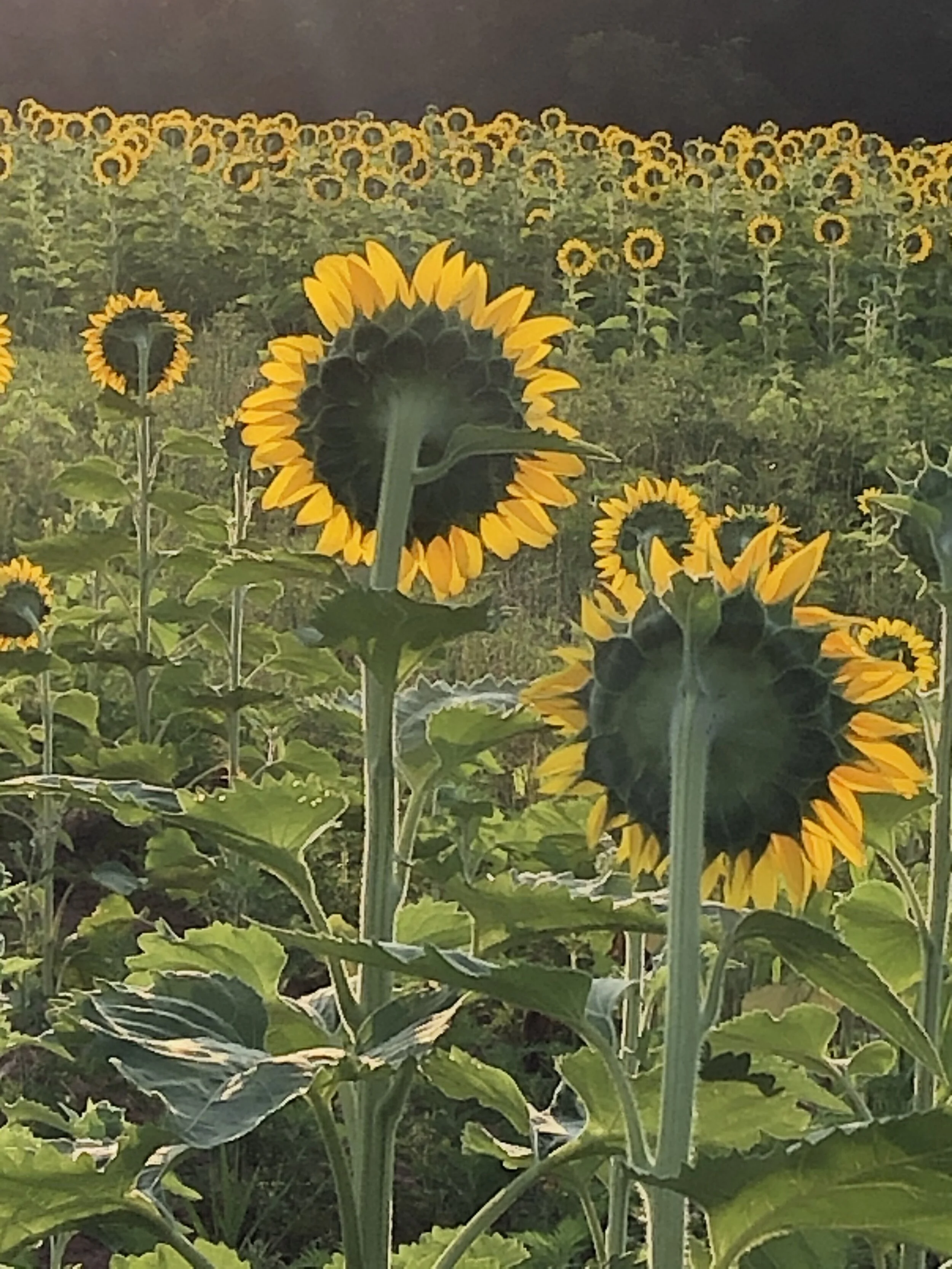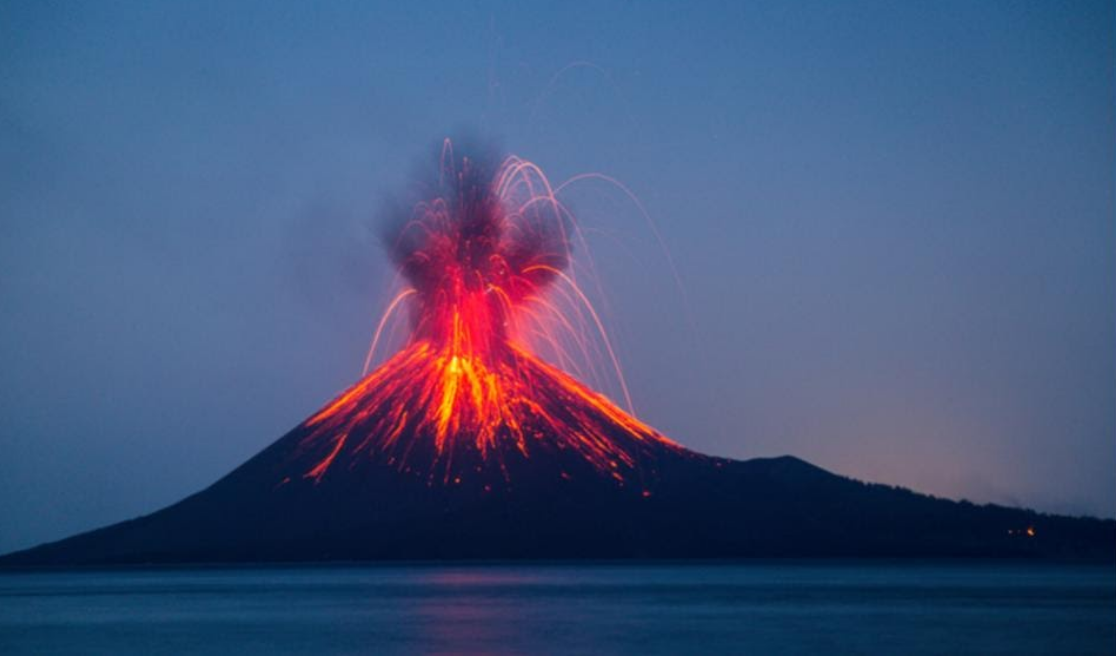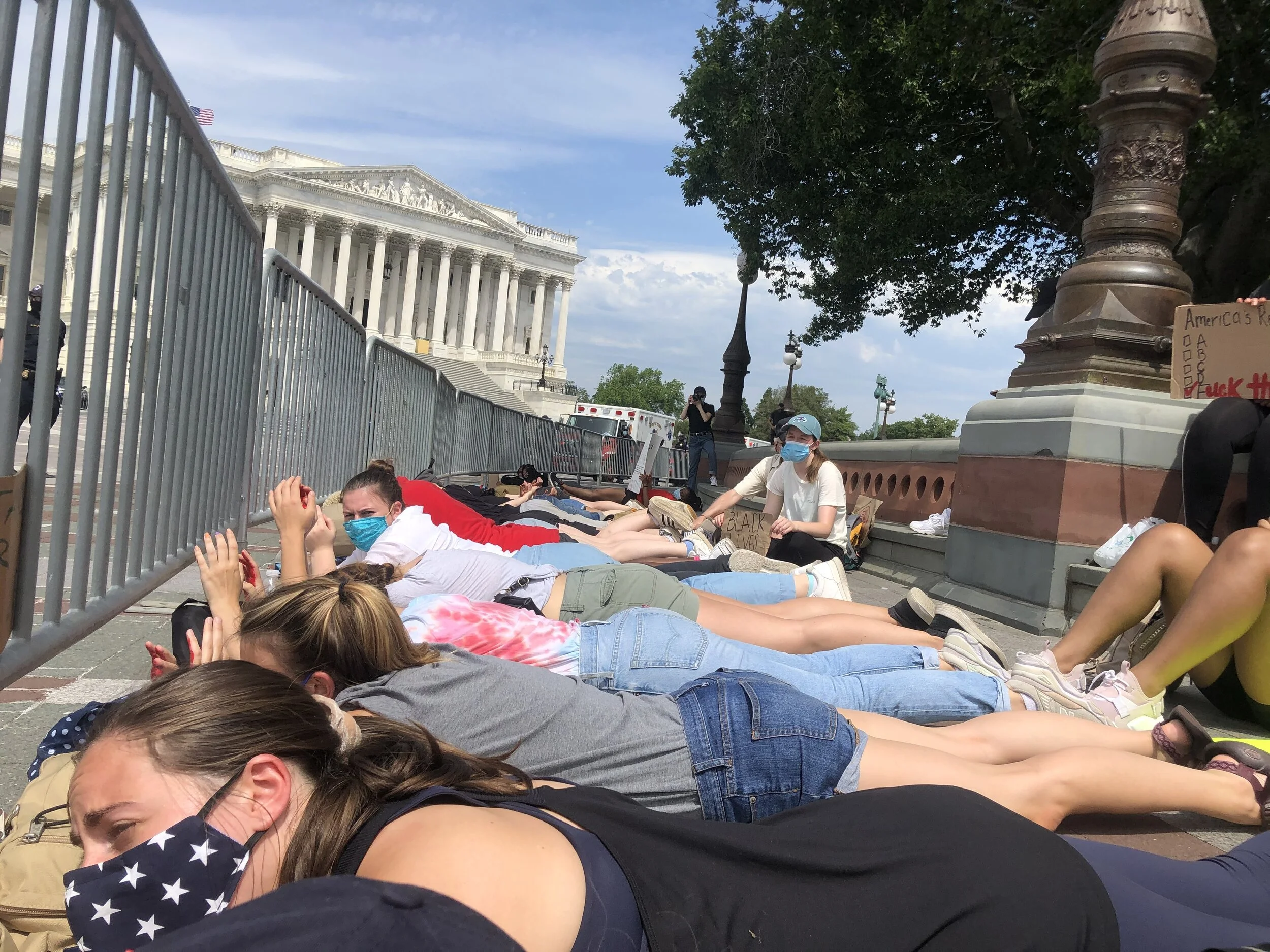We will begin by enjoying a relaxing guided meditation to unwind our bodies and prepare us to read the Five Mindfulness Trainings together.
After reading the trainings, we will focus our attention on the Fifth Mindfulness Training. Below you will find both trainings. The highlighted text will be most relevant to our discussion about how to find the middle way of consumption of media.
The ARISE version of the Fifth Mindfulness Training reminds us that most of us have had inadequate education in the history of racial inequalities, and we need to learn the true history and then be aware of how this inequity shows up in many websites, TV shows, films, conversations, etc.
How might we blend the traditional training's suggestions not to consume toxins along with the ARISE suggestion to become more aware of the inequities built in to so much of the communication we consume?

























